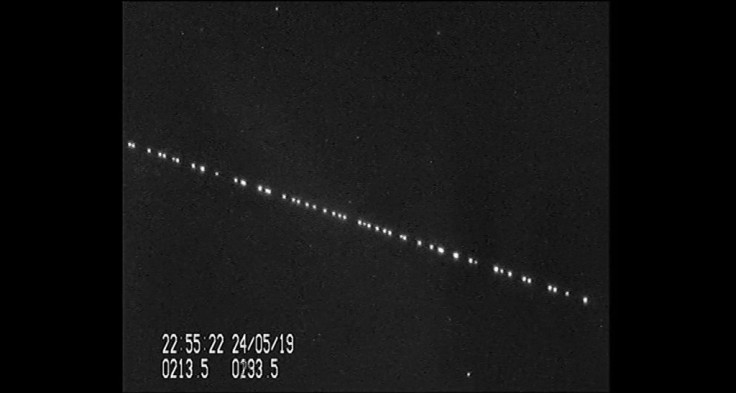SpaceX Starlink internet service gearing up for public beta soon, says Elon Musk
Perhaps the most recent test of its capabilities was last month in the wake of the devastating wildfires that destroyed local communications infrastructure.
After a series of delays due to unfavourable weather conditions, the latest SpaceX Starlink mission launched last week on Tuesday, Oct. 6, at 7:29 a.m. PDT. This added 60 more satellites that are intended to beam down high-speed internet from space. This brings the total number of low-Earth orbit (LEO) satellites from the privately-owned space firm to almost 800. It will not end just yet, as more are planned to go up in the future. The service is expected to go online for its beta testing phase soon.
Elon Musk said, "Once these satellites reach their target position, we will be able to roll out a fairly wide public beta in northern US and hopefully southern Canada." This is just the initial phase, as SpaceX plans to increase coverage moving forward to eventually provide a constellation that can deliver reliable broadband internet services across the globe, reports ZDNet. He added: "Other countries to follow as soon as we receive regulatory approval."
Perhaps the most recent test of its capabilities was last month in the wake of the devastating wildfires that destroyed local communications infrastructure. Last month, the residents and emergency responders in the town of Malden in Washington were able to use Wi-Fi services provided by SpaceX Starlink satellites at the time. Musk noted that it was a special case scenario wherein it was able to help folks who needed internet connectivity given the situation.
Originally, the target speeds were set at approximately 100 megabits per second. Nevertheless, this is expected to improve as the satellite constellation grows later on. The official website states: "With performance that far surpasses that of traditional satellite internet, and a global network unbounded by ground infrastructure limitations, Starlink will deliver high-speed broadband internet to locations where access has been unreliable, expensive, or completely unavailable."

Those who are selected to participate during the beta testing period will receive all the hardware needed to communicate with the Starlink Satellite internet system. The installation will be handled by the testers and will require "a clear view of the Northern sky" as indicated by the company. Meanwhile, astronomers have criticised Musk's project as a potential problem for observations.
© Copyright IBTimes 2025. All rights reserved.





















